The deadline is approaching to get your application in to present at the 15th Annual Postgraduate Research Conference 2023.
The conference will take place on Wednesday 29 November. This is a great opportunity for postgraduate researchers to showcase and promote their research to the BU community whether they have just started or are approaching the end of their journey at BU.
Attending the conference is a great opportunity to engage and network with the postgraduate research community and find out more about the exciting and fascinating research that is happening across BU.
Abstracts are invited from postgraduate researchers to present via oral or poster presentation.
For full details on how to apply please visit the Doctoral College Conference Brightspace.
Closing date 09:00 Monday 23 October 2023.
Registration to attend will open in November, all members of BU are welcome!
For any questions, please email pgconference@bournemouth.ac.uk and a member of the Doctoral College conference team will get back to you.
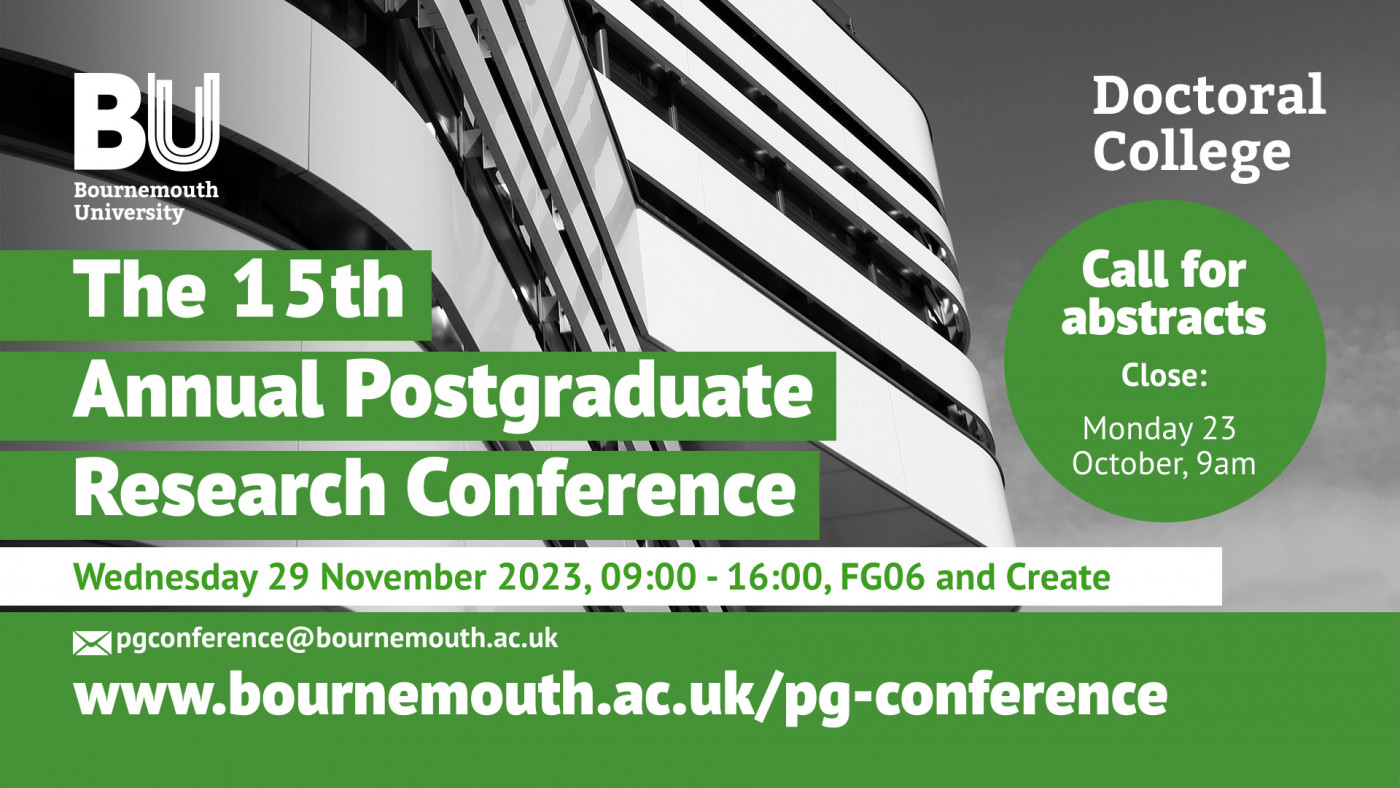
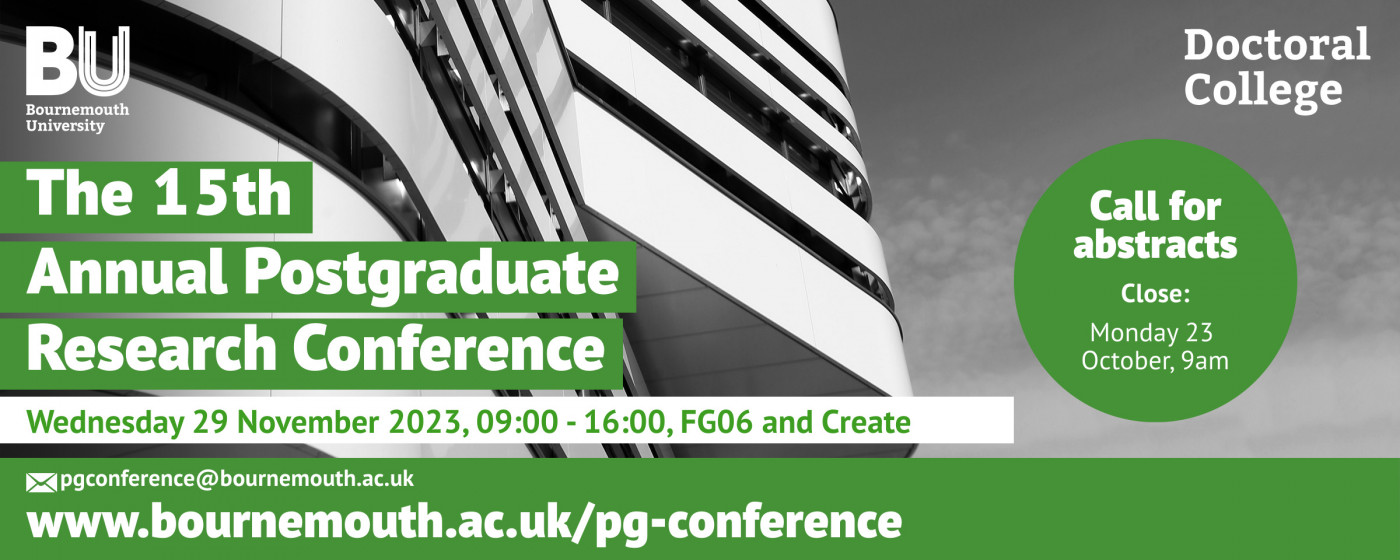


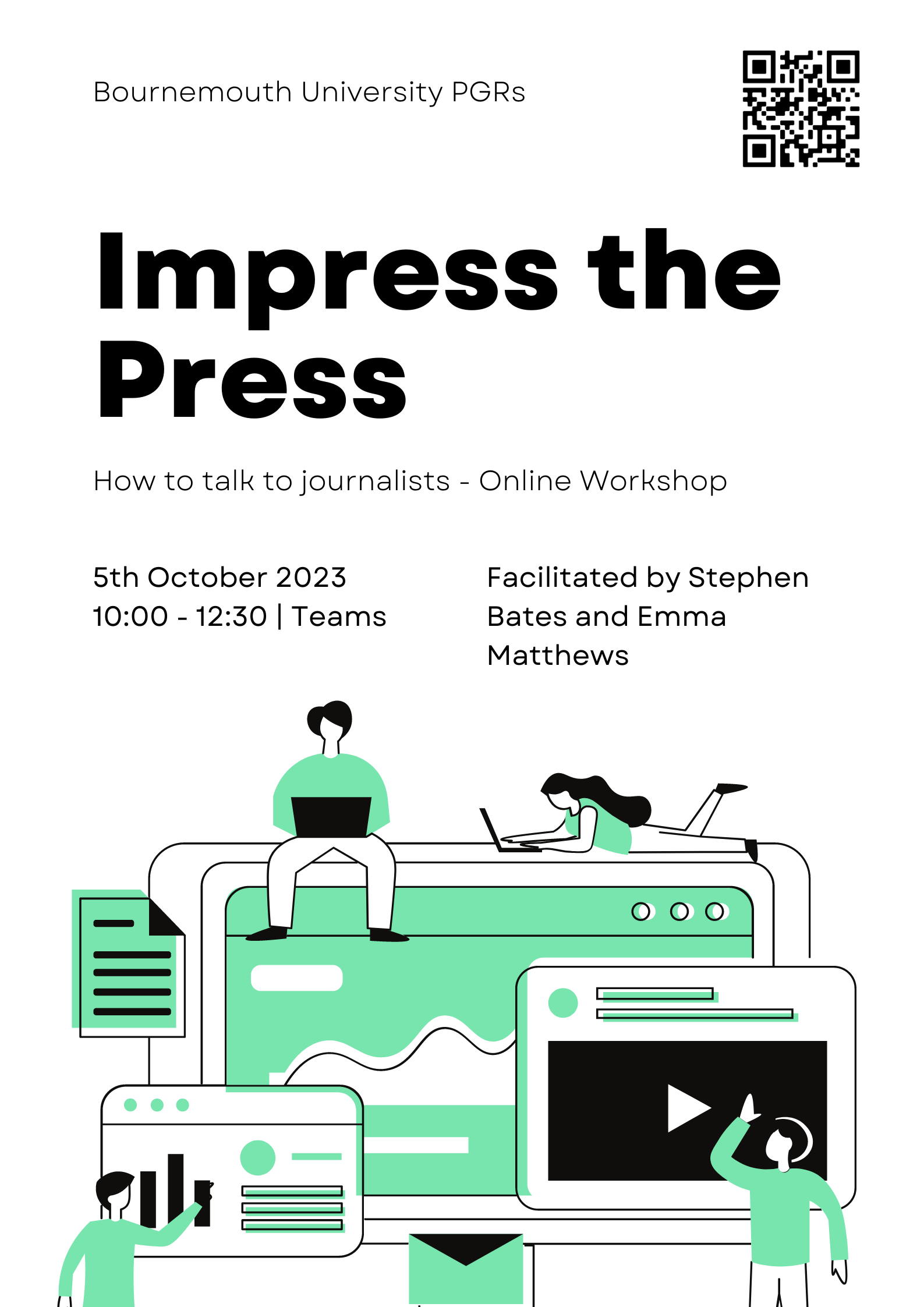
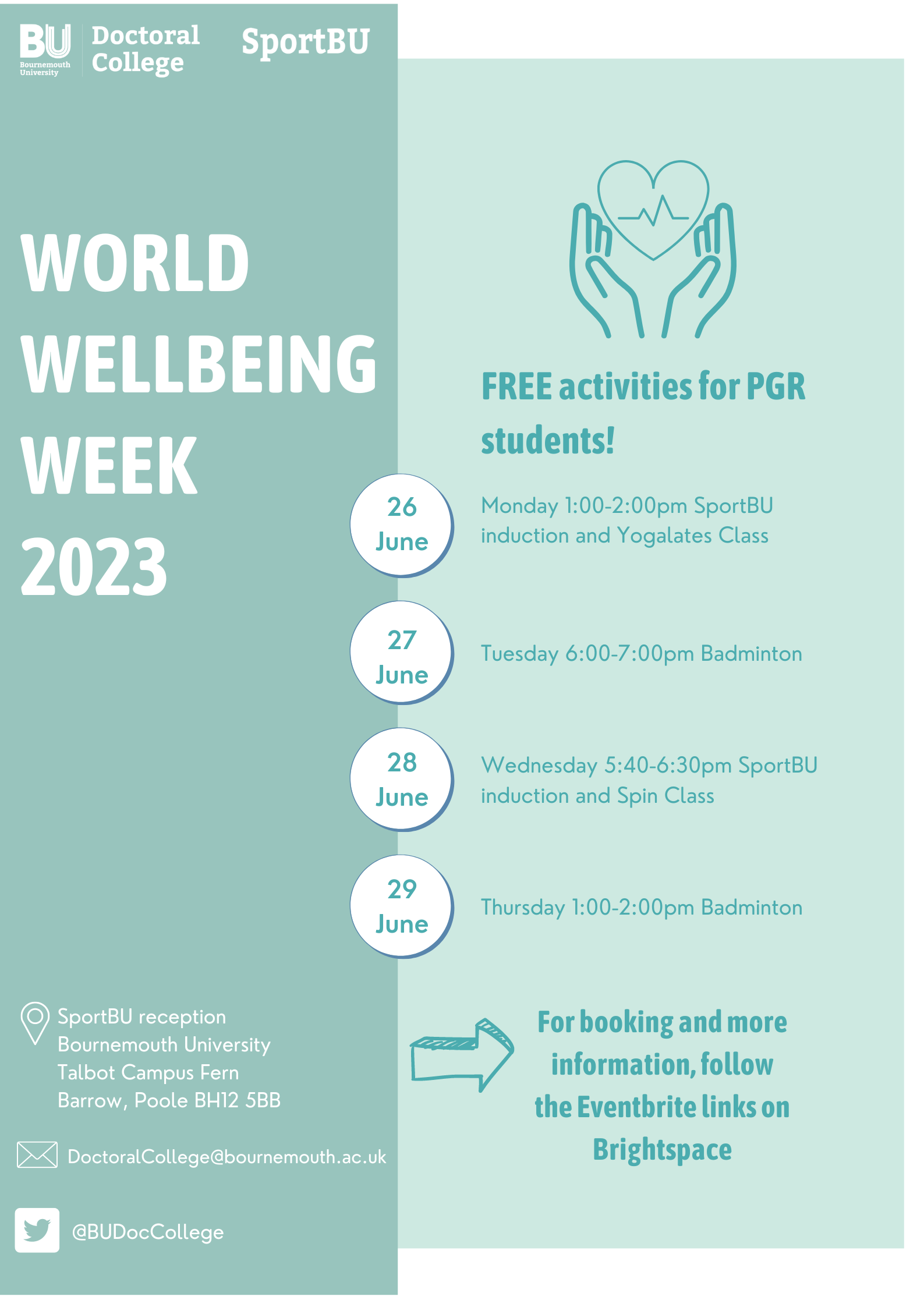

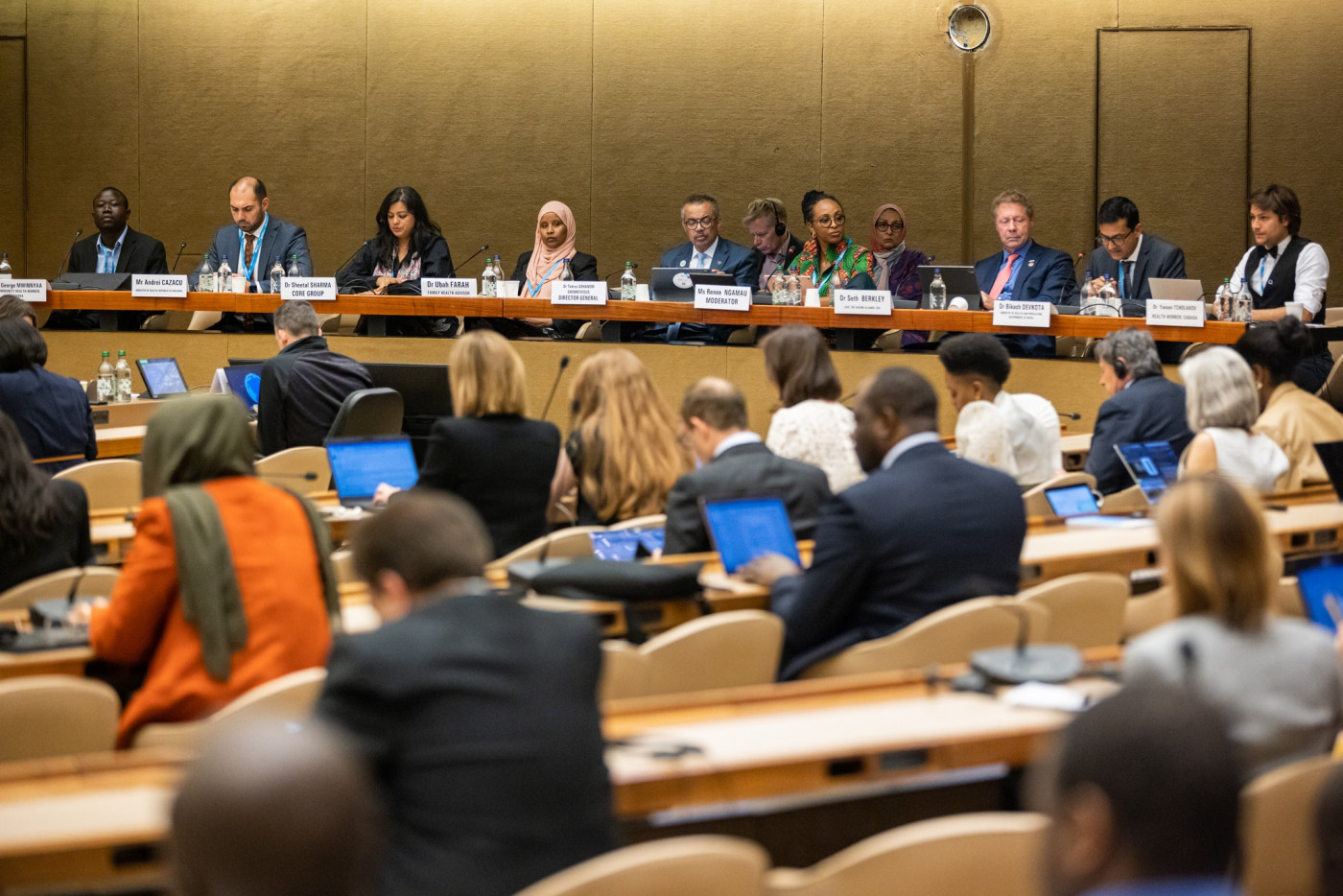
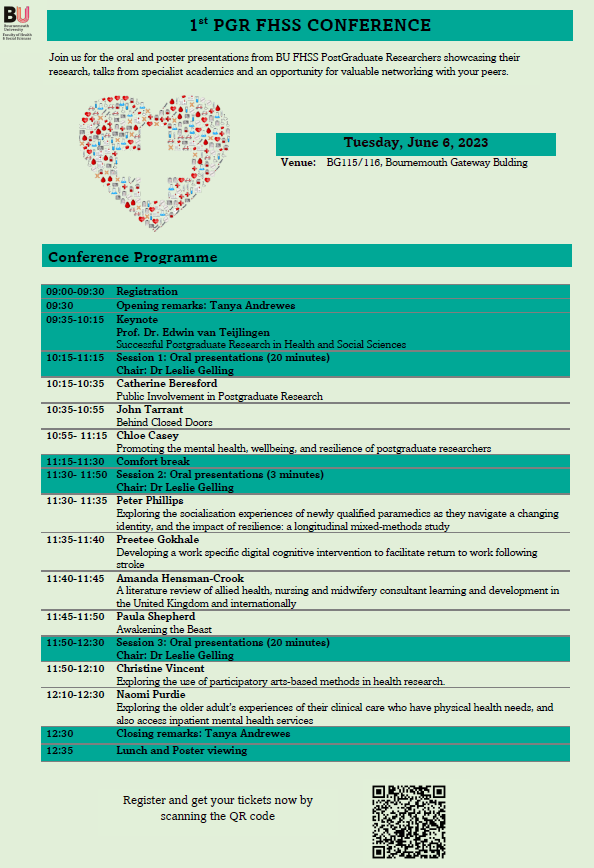
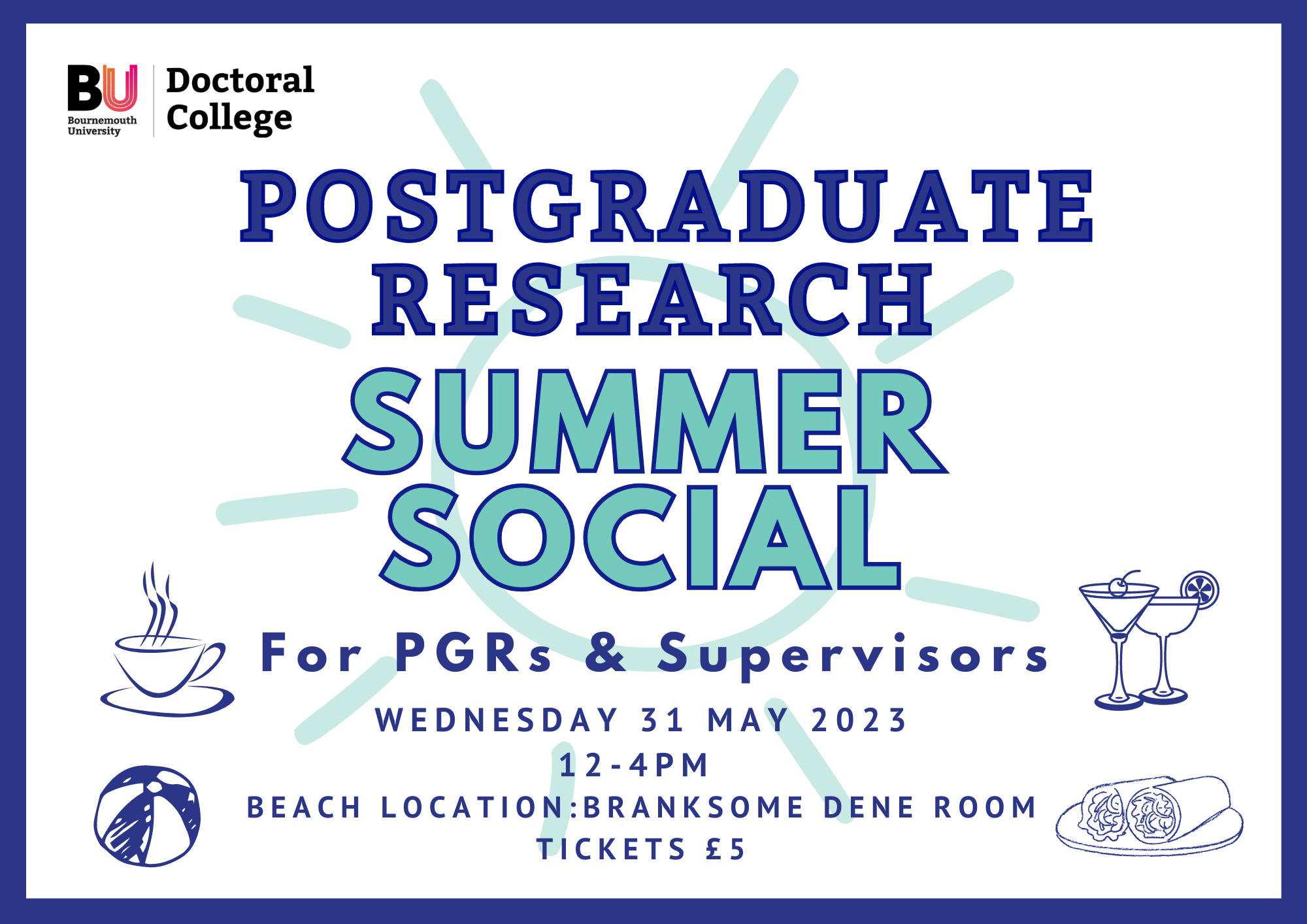











 Beyond Academia: Exploring Career Options for Early Career Researchers – Online Workshop
Beyond Academia: Exploring Career Options for Early Career Researchers – Online Workshop UKCGE Recognised Research Supervision Programme: Deadline Approaching
UKCGE Recognised Research Supervision Programme: Deadline Approaching SPROUT: From Sustainable Research to Sustainable Research Lives
SPROUT: From Sustainable Research to Sustainable Research Lives BRIAN upgrade and new look
BRIAN upgrade and new look Seeing the fruits of your labour in Bangladesh
Seeing the fruits of your labour in Bangladesh ECR Funding Open Call: Research Culture & Community Grant – Apply now
ECR Funding Open Call: Research Culture & Community Grant – Apply now ECR Funding Open Call: Research Culture & Community Grant – Application Deadline Friday 12 December
ECR Funding Open Call: Research Culture & Community Grant – Application Deadline Friday 12 December MSCA Postdoctoral Fellowships 2025 Call
MSCA Postdoctoral Fellowships 2025 Call ERC Advanced Grant 2025 Webinar
ERC Advanced Grant 2025 Webinar Update on UKRO services
Update on UKRO services European research project exploring use of ‘virtual twins’ to better manage metabolic associated fatty liver disease
European research project exploring use of ‘virtual twins’ to better manage metabolic associated fatty liver disease